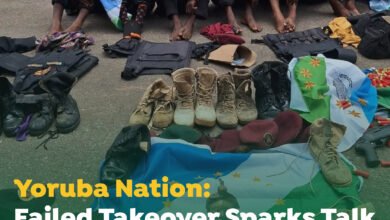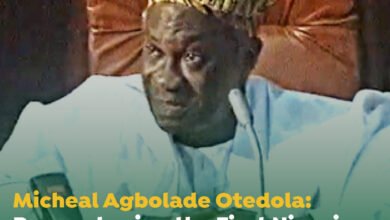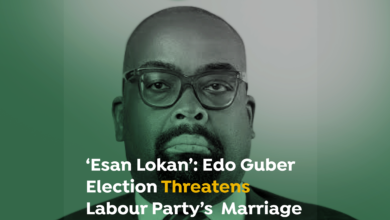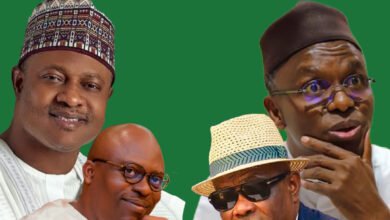
Like all those before it, the 10th Assembly led by Senate President Godswill Akpabio is dogged by allegations of budget padding. For the uninitiated, this occurs when the National Assembly, comprising the Senate and the House of Representatives, inflates and inserts items into the budget sent by the Executive arm of government led by the President.
In this case, Senator Abdul Ningi of Bauchi Central made the accusation that the country was operating two budgets; one of 25 trillion naira, which was approved by the National Assembly, and another of 28 trillion naira, which he claimed was the result of secret insertions by shadowy figures within the National Assembly. Effectively, he alleged ‘padding’ of up to three trillion naira.
However, his allegations have since been countered with facts. The fact is that the President presented a budget of 27 trillion naira to the NASS for appropriation, as mandated by the constitution. The NASS, in performing its appropriation function, passed a budget of 28 trillion naira, largely by increasing certain expenditures and introducing new cost items, notably constituency projects, to ensure the inclusion of their people in the government’s developmental efforts, as they were elected to do. In the eyes of the law, no infraction was committed.
But legislative watchers have since pointed out that the project execution process, in which an MDA ought to implement by selecting a deserving company from a public bidding, is fraught with corruption. Lawmakers are known to abuse the process by colluding with other actors to ensure their handpicked contractors emerge winners of the process and deliver subpar projects to make substantial returns, a share of which is handed to the said lawmaker. The knowledge of this prompts many to call for the end of constituency projects.
Yet, the fact remains that ‘constituency projects’ sponsored by NASS members are the most visible government presence, and the most impactful developmental activity, several communities in Nigeria have recorded for decades. In fact, so vital is it that it has formed the primary basis for the assessment of lawmakers. A Senator in Nigeria is considered a success not by how many Bills they are able to sponsor or their skill in bringing MDAs to account in oversight committee meetings, but by the number and quality of constituency projects sponsored.
Do we need to throw the baby of constituency projects out with the bathwater? Is there a third option between scrapping and retaining? To many, to challenge the ability of federal representatives to attract federal spending to their respective constituencies is to challenge the very essence of their existence. Nigeria, a large and diverse nation which, similar to other nations, does not have the funds to simultaneously solve or attempt to solve all its problems, has always attempted a balancing act. Constituency projects are central to that effort. They give the people a sense of belonging in the grand scheme of things. As an ancient adage says, where we stand determines where we sit.





